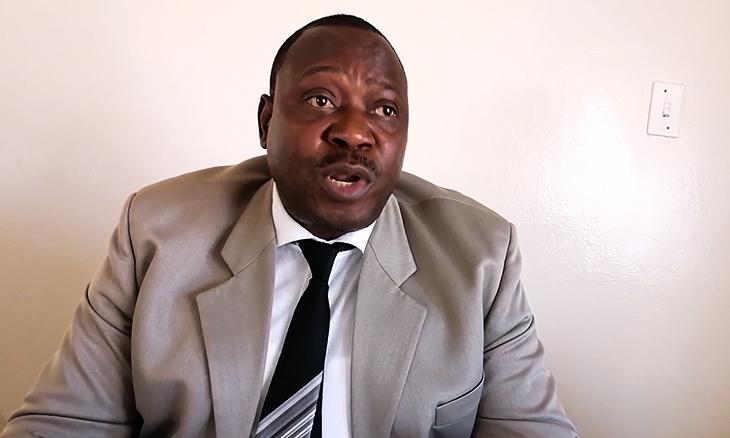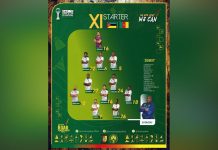Africa-Press – Mozambique. The representative of the Mozambican community in South Africa says that Mozambican nationals were involved in the wave of looting that lasted for about two weeks there. Gabriel Chaúque says that there are still no concrete numbers, but that he will start soon visiting penitentiary establishments in search of better information.
So far, Fernando Benezário Francisco Vilanculos, who died trying to loot goods from a freight container, is the only Mozambican involved in the riots to be publicly named.
When this news was released, the representative of the Federation of Mozambican Communities in South Africa, Gabriel Chaúque said that “there may be other Mozambicans involved, not least because those who conveyed the information about Fernando’s death were with him in the assault”.
What was just a suspicion, is now a certainty – many more Mozambicans were involved. “Unfortunately, we still don’t know how many are actually in jail and how many are dead, but there are more involved,” Chaúque said.
In search of reliable numbers, the Federation of Mozambican Communities in South Africa will in the next few days start visiting the penal establishments to which the more than 3,000 detained during the rioting were sent.
“We maintain contacts with the authorities in the jurisdictions of Gauteng, Kwazulu-Natal and Johannesburg. We are forming a team to visit all the sites to which those arrested for vandalism and looting were sent. Then we will have concrete figures,” the president of the Federation of Mozambican Communities in South Africa said.
Pending the campaign to identify detainees, the South African authorities are concentrating on recovering the goods looted.
For this reason, Gabriel Chaúque warns those carrying freight between the two countries not to transport suspicious goods, because they may be looted goods being sent home by compatriots.
“Make sure that everything you transport has a receipt, because you might come up against a roadblock, and your trip would end there,” he explained.
Within two weeks, the riots, which began in protest at the arrest of disgraced former president Jacob Zuma, resulted in the vandalisation and looting of more than 200 shopping centres in Gauteng, Kwazulu-Natal and Johannesburg.
On the day he announced the end of the violence, President of South Africa Cyril Ramaphosa guaranteed that all those involved would be held accountable, saying: “We will take action to protect every person in this country against the threat of violence, intimidation, theft and looting.”
According to the South African authorities, a total of 276 people died during the rampage, which started on 21 July and left many South Africans without access to basic consumer goods.
The South African government, and stakeholders including supermarkets, factories, warehouses, small businesses and even schools, continue to assess the millions of rands-worth of damages and the delivery of economic aid to those affected.
The outbreak of violence is said in some quarters to have been fuelled by pre-existing social problems such as inequality, unemployment, high crime levels and poor management of the Covid-19 pandemic.
By
Milcon Chichume






